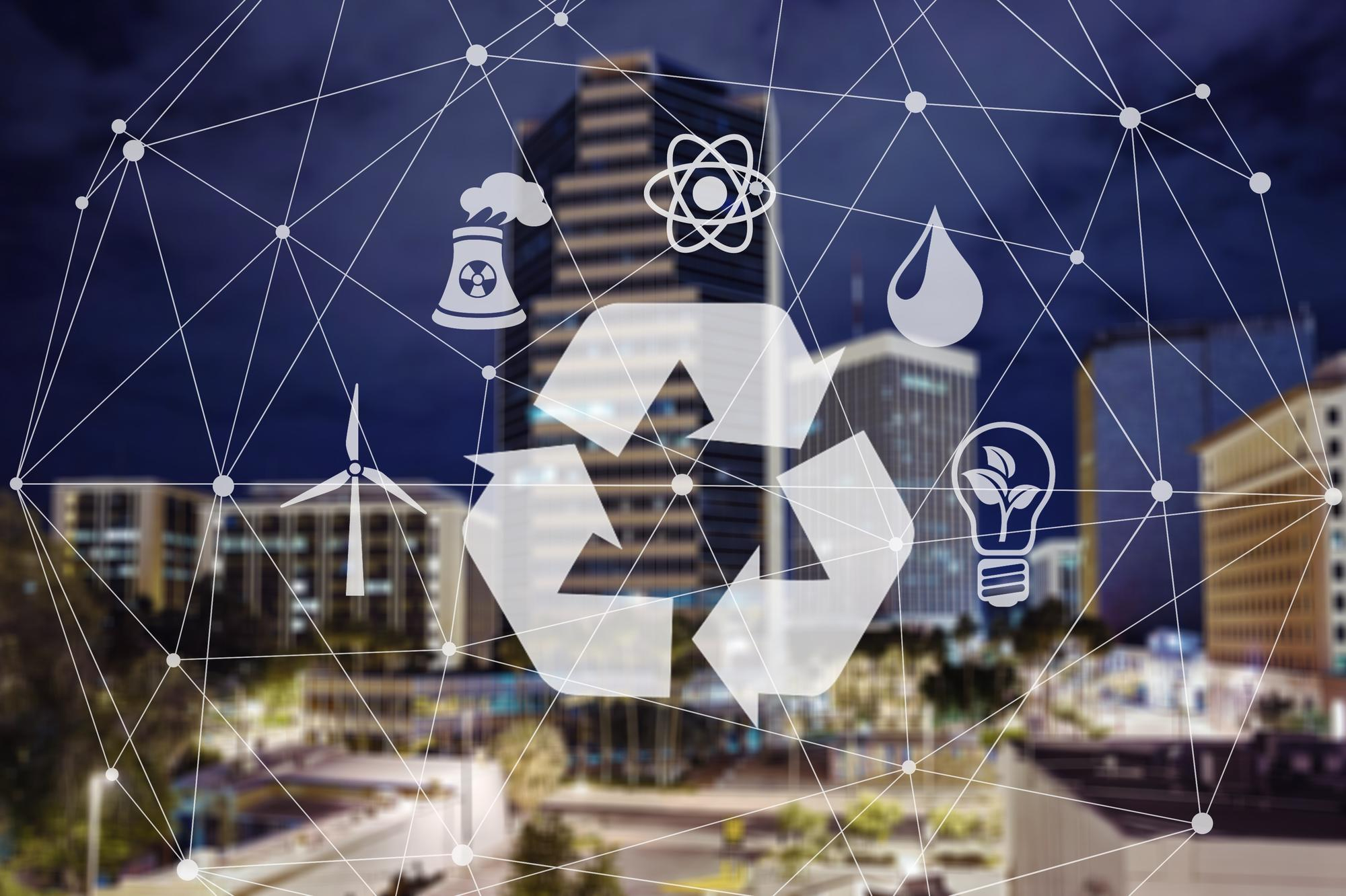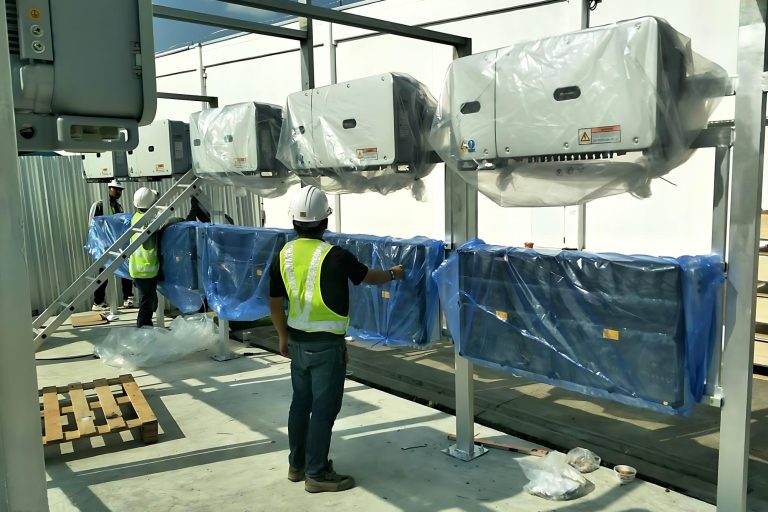From Waste to Opportunity
How Innovative Projects are Creating a Circular Economy: Project Thuto

Waste management is a global challenge, and South Africa is no exception. Landfills are overflowing, environmental pollution is a growing concern, and traditional waste disposal methods are becoming increasingly unsustainable. However, amidst these challenges, a new approach is emerging: the circular economy.
The Circular Economy:
A New Paradigm
The circular economy moves beyond the traditional “take-make-dispose” model. It focuses on keeping resources in use for as long as possible, minimizing waste generation, and maximizing the value extracted from materials. This can be achieved through strategies like:
- Reduce:
Designing products to be more durable, reusable, and easy to repair. - Reuse:
Finding new uses for old products or materials. - Recycle:
Processing used materials into new products. - Recover:
Extracting valuable resources from waste for energy generation or other uses.
- Reduce:
The Benefits of a Circular Economy
Transitioning to a circular economy offers a multitude of benefits:
- Environmental Protection:
Reducing waste and maximizing resource use helps conserve natural resources, minimize pollution, and mitigate climate change. - Economic Growth:
The circular economy creates new business opportunities in areas like waste collection, sorting, recycling, and product design. - Job Creation:
The transition to a circular economy can lead to new jobs in various sectors, from waste management to product design and repair. - Resource Security:
By relying less on virgin resources, the circular economy helps ensure long-term resource availability for future generations.
Project Thuto:
A Beacon of Innovation

OE Hub is committed to playing a leading role in promoting the circular economy in South Africa. Project Thuto (“rain” in Sesotho) exemplifies this commitment. This innovative project aims to transform waste management through the construction of a state-of-the-art Waste-to-Energy (WtE) plant.
How Project Thuto Works
Project Thuto will utilize advanced WtE technology to convert non-recyclable waste into clean and sustainable energy. Here’s a breakdown of the process:
- Waste Collection:
Municipal solid waste will be collected efficiently and transported to the WtE plant. - Waste Sorting:
Advanced sorting technologies will separate recyclable materials from non-recyclable waste. Recyclables will be diverted for recycling, while non-recyclables will be processed for energy generation. - Thermal Conversion:
Non-recyclable waste will be subjected to a high-temperature conversion process in a controlled environment, generating thermal energy. - Energy Production:
The thermal energy will be converted into electricity, which can be fed back into the national grid or used to power the facility itself.
Project Thuto offers a multitude of benefits for South Africa:
- Reduced Landfill Dependence:
By diverting waste from landfills, Project Thuto will help reduce environmental pollution and extend the lifespan of existing landfills. - Clean Energy Generation:
The WtE plant will generate clean and sustainable electricity, reducing reliance on fossil fuels and contributing to a cleaner energy future. - Job Creation:
The project will create new jobs in waste collection, sorting, plant operation, and maintenance. - Economic Development:
Project Thuto can stimulate the development of a circular economy in South Africa, attracting new businesses and investment in waste management.
Beyond Energy:
The Social Impact of Project Thuto
Project Thuto’s impact goes beyond energy generation. OE Hub is committed to ensuring the project contributes positively to the surrounding communities. Here’s how:
- Community Engagement:
OE Hub will engage with local communities throughout the planning and construction process, addressing concerns and ensuring transparency. - Skills Development:
The project will provide training and skills development opportunities for local residents, empowering them to participate in the waste management sector. - Improved Sanitation:
By promoting waste diversion and reducing reliance on landfills, Project Thuto can contribute to improved sanitation and public health in surrounding communities.
The Road to a Circular Economy
Project Thuto is a significant step towards a more sustainable future for South Africa. However, the transition to a circular economy requires a multi-pronged approach:
- Policy and Regulation:
Supportive government policies and regulations are crucial to incentivize waste diversion and promote circular economy practices. - Public Awareness:
Raising public awareness about the importance of responsible waste management and waste reduction is essential for success. - Collaboration:
Collaboration between government, businesses, and communities is key to effectively implement circular economy solutions.
OE Hub:
Leading the Way
At OE Hub, we believe that innovation and collaboration are key to unlocking the full potential of the circular economy. Project Thuto is just one example of our commitment to developing sustainable solutions that address


